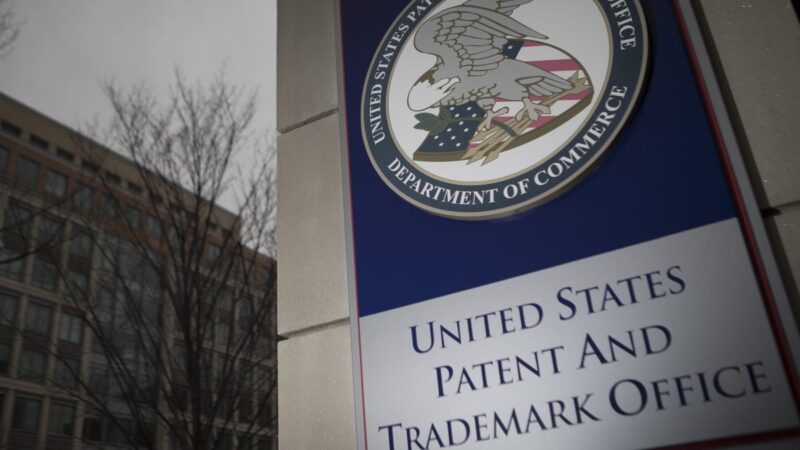Kathleen (Taffy) Kingscott

Kathleen Kingscott is Vice President, Strategic Partnerships for IBM Research. She is responsible for developing collaborative research partnerships between IBM, industry, academia and government. Ms. Kingscott is a member of the National Academy of Sciences Innovation Policy Forum and is IBM’s alternate member of the Semiconductor Industry Association Board of Directors. She chairs the CTO Work Group of the SIA. She is a member of the Board of Managers of the American Institute of Physics Publishing and is chair of the Compensation Committee for the AIPP Board.
Previously, Kathleen held the IBM Industry Chair at the Industrial College of the Armed Forces, National Defense University, as the first faculty member from industry at the college. Other earlier roles include Director, Worldwide Innovation Policy for IBM with responsibility for worldwide public policy matters regarding innovation, science and technology. She has held other leadership roles in IBM, including Congressional relations, information technology marketing and marketing management positions. Kathleen formerly served as a member of the Executive Committee of the Electronics Division of the National Defense Industrial Association. She was a member of the Secretary of Commerce’s Manufacturing Council 2015-2016. She was a founder and served as a long-time co-chair of the Task Force on American Innovation, a major coalition of companies, university and trade associations, and professional societies that supports federal investment in scientific research.
Ms. Kingscott has been with IBM 40+ years. She holds a B.A. from Vanderbilt University.


Assessing the Patent and Trademark Office’s Inventorship Guidance for AI-Assisted Inventions
